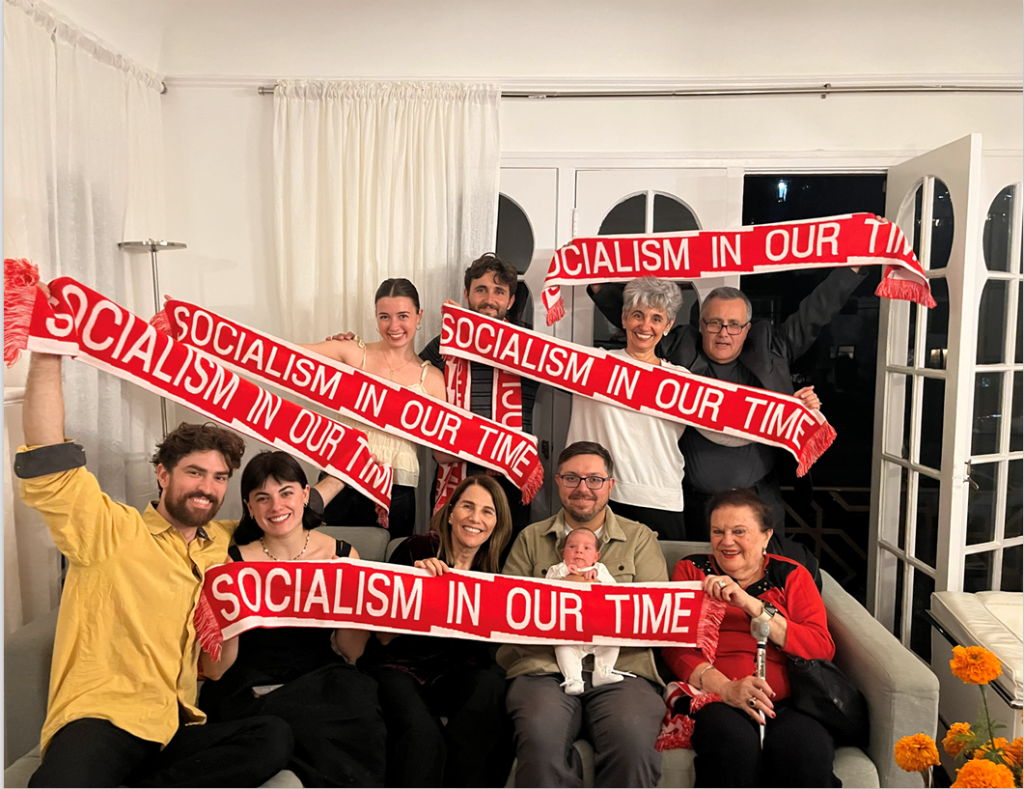A recent interview with Craig Mokhiber, an American former Director of the Office of the UN High Commissioner for Human Rights, provides by far the most compelling explanation of the Jeffrey Epstein saga I have heard.
According to the interview, Epstein was an Israeli asset who helped significantly twist regional Middle East relations and the peace process against Palestine.
Having circulated as rumor for a long time, the “Israeli asset” story is now being clearly confirmed by the 3.5 million Epstein file pages (still only partial) released on January 30, 2026.
If you find it hard to believe, recall that Israel’s Mossad is an extraordinarily sophisticated and accomplished secret service, as evidenced by the 2024 deadly sabotage of Hezbollah pagers and walkie-talkies.
Epstein’s interventions on behalf of Israel worked in two ways. First, he twisted the peace process by seducing powerful US and UN actors, who then bought into overlooking persistent Israeli violence and creeping West Bank colonization in the name of keeping the peace process alive. Second, he helped twist regional relations against Palestine by engaging and entangling elite Arab business interests, who then bought into supporting the Abraham Accords. Those accords normalized Arab – Israeli relations, thereby pushing the Palestinian conflict off stage and relegating the rights of Palestinians.
As regards the “Israeli asset” connection, the files show Ehud Barak had a substantive ongoing relationship with Epstein. Barak is a former top ranking Israeli general, former Defence Minister, and former Prime Minister.
(more…)